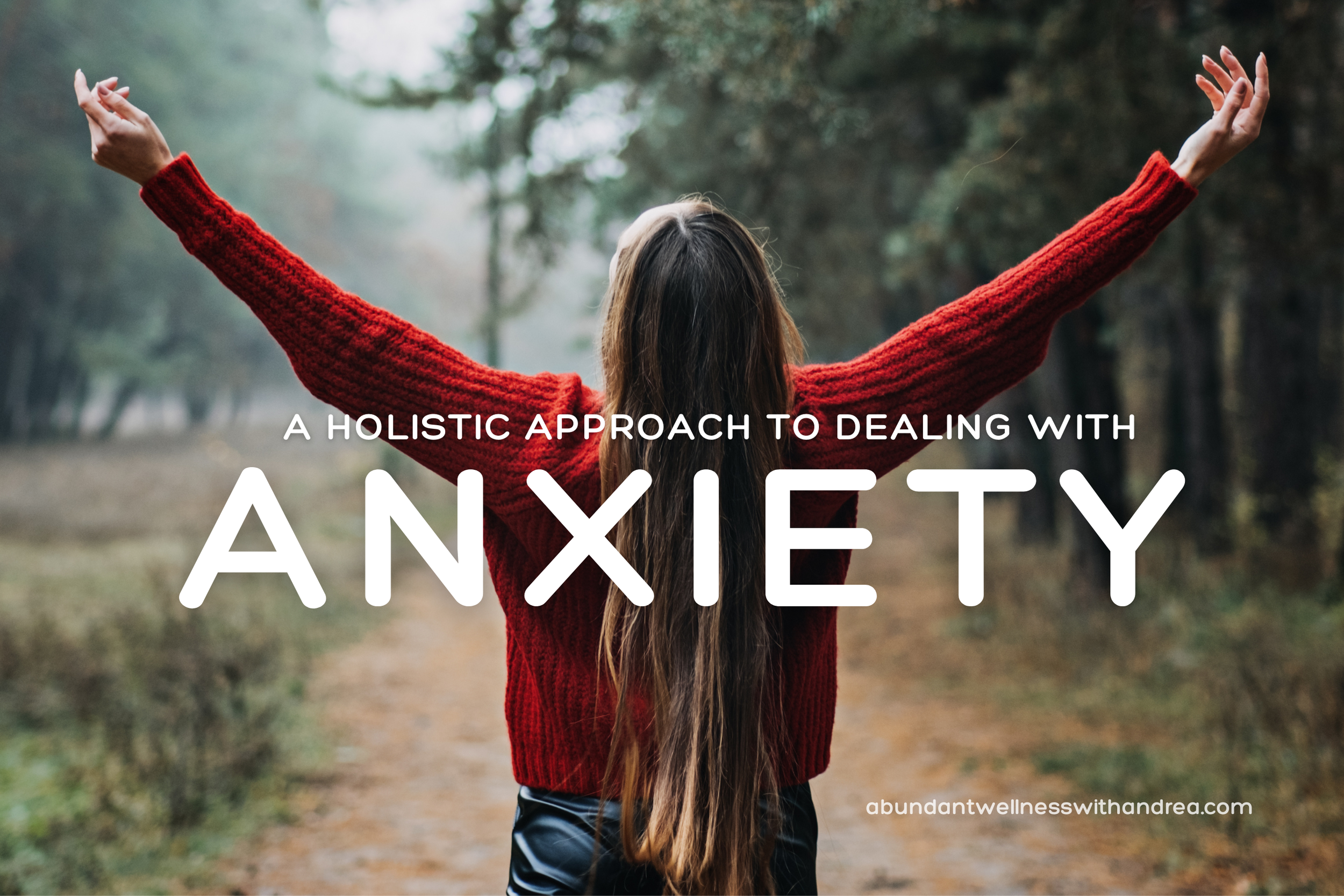5 Tests to Have Done When Experiencing Anxiety
Anxiety might just be one of the worst experiences. The racing thoughts, heart palpitations, irrational thoughts and sleeplessness make day to day living very difficult.
As someone who has overcome a diagnosis of obsessive compulsive disorder and C-PTSD, I can tell you that anxiety must be addressed holistically if we want to get breakthrough and overcome it for the long term.
Anxiety can originate due to emotional experiences such as trauma (both big-T and little T traumas). Trauma leads to unresolved and unprocessed emotional pain that can cause both short term and long term anxiety.
Both short and long term anxiety can deplete the essential building blocks to neurotransmitters like serotonin and dopamine, further exacerbating feelings of anxiety. (https://www.ncbi.nlm.nih.gov/pmc/articles/PMC3697199/)
In addition to the long term negative impact stress and anxiety have on your physiology, there can be underlying genetic factors that make it very difficult, if not impossible, to make neurotransmitters that we need to feel calm, balanced and happy.
MTHFR (Methylenetetrahydrofolate reductase) mutation is a very common mutation that can cause issues with serotonin, dopamine and gaba. When someone has either one or both MTHFR mutations, this leads to an inability to utilize b vitamins and folate properly, which then makes it very difficult to build serotonin, dopamine or GABA.
Most of us think of serotonin as the “happy” brain chemical, but in reality, it is also essential for appetite regulation, hunger cues, sleep and so much more! Without serotonin, we can’t make melatonin.
Dopamine is our satisfaction and inhibitory neurotransmitter. It’s what helps us to feel motivated and simultaneously satisfied when we complete a task. It is also responsible for inhibition and delayed gratification. When we have ample amounts of dopamine, our mood feels stable, and have the motivation to enjoy our daily activities.
GABA is a calming neurotransmitter. It helps us to handle everyday stressors with ease and regulate a normal response to anxiety.
Pyroluria
A slightly more controversial (and less understood by the medical community) genetic mutation that does not allow for b vitamins or zinc to attach to the blood cells. This leads to significant stress on the body as well as an inability to build serotonin.
The role of anti-anxiety medication in treating anxiety
Anti-anxiety medication, like SSRI (selective serotonin reuptake inhibitors), allow for serotonin to stay circulating in the neurotransmitter space so that it can be used more freely. On average, it can take up to 4-6 weeks for medication to make a noticeable impact, and only about 30% of people who use antidepressants experience noticeable changes.
This is likely in part because If the root causes that are preventing serotonin production aren’t addressed, results are less likely to be effective long term.
A Holistic Approach:
When dealing with anxiety, it’s important to address all of the facets influencing the problem and can include:
Utilizing therapy to address the emotional factors influencing anxiety
EMDR and Neurofeedback to integrate the mind/body impact of stress and trauma
Getting appropriate medical attention from a functional medicine doctor. At a minimum, you need to have them do a full thyroid panel (TSH, Free T3, Free T4, Reflex T3, TPO), Ferritin and Iron, B12.
Consider adding on the Organic Acid Test (OAT) or GI MAP to look further into the metabolic pathways as well as overall gut health. Bacterial overgrowth, the wrong bacteria in the wrong place, low fiber, and low diversity of bacteria can all contribute to anxiety.
I know first hand how difficult it can be to overcome anxiety. Even looking at the above list might have your head swimming. But I would encourage you to take it one step at a time. Every step forward is progress and gives us useful information about your health and what will help you the most!
Not sure where to start or what to do to get to the root of the problem quickly?
Schedule a consultation with me here and we will come up with a detailed plan for your situation.
To your wellness,
Andrea
